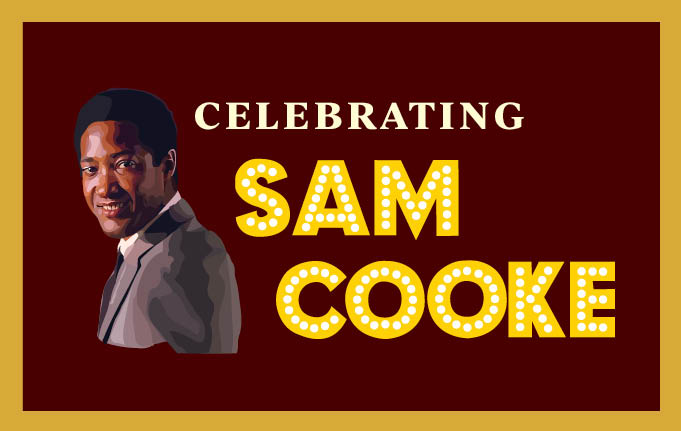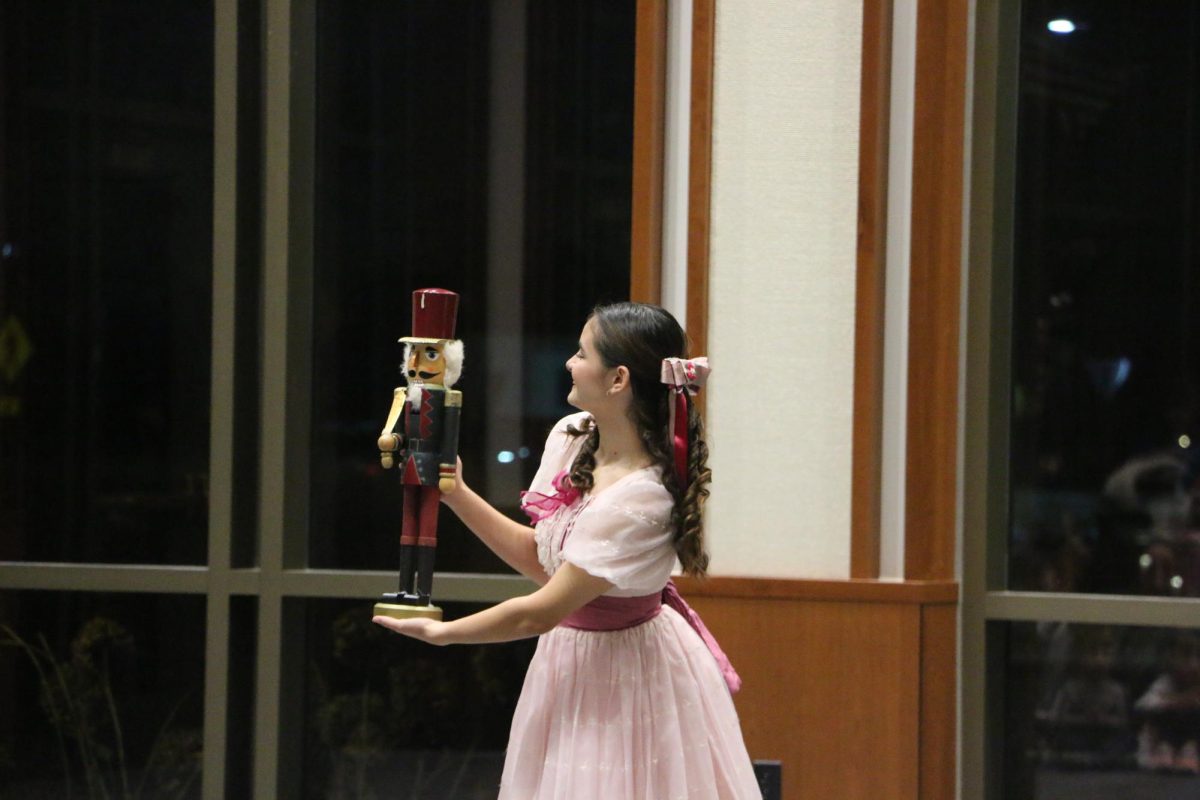Taylor Swift’s music has been a huge part of my life since I was in elementary school. Though “Teardrops on my Guitar,” featured on her first album, was the first-ever Taylor Swift song I heard, “Red” was her first full album I remember interacting with. When it was released in 2012, I was only seven years old. I fondly remember listening to “Red” on my mom’s iPod, one of my first meaningful experiences with music. Despite my limited experience with heartbreak during elementary school, I felt connected to her lyrics and the deep emotions represented on the album. My obsession with the singer fluctuated over the years but luckily returned in time for the surprise release of her eighth studio album, folklore.
Where her true talent manifests is not just in her musical talent but in her songwriting. Especially in her most recent albums, Swift’s lyrics have evolved to consist of literary references, extended metaphors about empowerment, and complex storylines that span several songs. Her music is much more than angry breakup songs. That is why owning her music is so crucial. Since she writes the majority of what she sings, her songs being owned by another company makes it all the more insulting.
So far, she has only re-released one album, her second album “Fearless.” Critics of the rerecording have said the album sounds too similar to the previous version. I disagree with this sentiment for several reasons. After staying up until midnight last April to listen to the new album, I felt a sudden connection to “Fearless” in a way I hadn’t before. Her lyrics became more reflective and meaningful when sung from the perspective of 31-year-old Swift. To me, her vocal improvement since 2008 is evident on each track. Even if you can’t hear the difference, Swift offers bonus tracks that have been “in the vault” since the original release. If the “Red (Taylor’s Version)” bonus tracks end up being at all similar to the “Fearless (Taylor’s Version)” tracks, I consider that a huge bonus of the re-recordings.
Swift now advocates for all musicians to own their music, a sentiment that can be taken to heart by aspiring musicians as CHS. Artists and songwriters understand the complexity of their music like no one else and therefore should lead financial decisions relating to them. Though I am excited about Swift’s re-recordings, the whole situation could have been avoided if Swift had not signed a single contract in her youth. Young musicians should be conscious of the decisions they make regarding their work. Additionally, Swift setting a standard with her music will lead to changes in music industry conditions. Her freedom to make risky decisions about her work due to her financial stability will result in benefits for smaller artists. Setting this principle is necessary, especially during a time where new musicians are discovered on TikTok daily.
Taylor Swift has made a very personal impact on my life, but even for those who don’t like her music, reclaiming her own work is something we can all support. She has previously made bold choices regarding her music, and I hope that her act of rerecording her previous albums will continue to improve conditions for smaller artists.





























![Keep the New Gloves: Fighter Safety Is Non-Negotiable [opinion]](https://hilite.org/wp-content/uploads/2024/12/ufcglovescolumncover-1200x471.png)
















































![Video Review: Carmel BuffaLouie's [MUSE]](https://hilite.org/wp-content/uploads/2024/12/Screen-Shot-2024-12-24-at-2.08.33-PM-1200x685.png)
![Review: Dress to Impress’s Christmas update beats the Halloween update, checks all boxes [MUSE]](https://hilite.org/wp-content/uploads/2024/12/Dti-winter-update.webp)
![Review: "Moana 2": Is the storyline just as intense as advertised? [MUSE]](https://hilite.org/wp-content/uploads/2024/12/1-copy-1024x538-1.webp)
![Review: Celebrating its 15th season, “Bob’s Burgers” renders itself a fan favorite [MUSE]](https://hilite.org/wp-content/uploads/2024/12/bobs-burgers-tv.jpg)
![Review: “Family By Choice” is the perfect watch that encapsulates family, love and everything in between [MUSE]](https://hilite.org/wp-content/uploads/2024/12/family-by-choice-1.png)
![Review in Print: Maripaz Villar brings a delightfully unique style to the world of WEBTOON [MUSE]](https://hilite.org/wp-content/uploads/2023/12/maripazcover-1200x960.jpg)
![Review: “The Sword of Kaigen” is a masterpiece [MUSE]](https://hilite.org/wp-content/uploads/2023/11/Screenshot-2023-11-26-201051.png)
![Review: Gateron Oil Kings, great linear switches, okay price [MUSE]](https://hilite.org/wp-content/uploads/2023/11/Screenshot-2023-11-26-200553.png)
![Review: “A Haunting in Venice” is a significant improvement from other Agatha Christie adaptations [MUSE]](https://hilite.org/wp-content/uploads/2023/11/e7ee2938a6d422669771bce6d8088521.jpg)
![Review: A Thanksgiving story from elementary school, still just as interesting [MUSE]](https://hilite.org/wp-content/uploads/2023/11/Screenshot-2023-11-26-195514-987x1200.png)
![Review: "When I Fly Towards You", cute, uplifting youth drama [MUSE]](https://hilite.org/wp-content/uploads/2023/09/When-I-Fly-Towards-You-Chinese-drama.png)
![Postcards from Muse: Hawaii Travel Diary [MUSE]](https://hilite.org/wp-content/uploads/2023/09/My-project-1-1200x1200.jpg)
![Review: "Ladybug & Cat Noir: The Movie," departure from original show [MUSE]](https://hilite.org/wp-content/uploads/2023/09/Ladybug__Cat_Noir_-_The_Movie_poster.jpg)
![Review in Print: "Hidden Love" is the cute, uplifting drama everyone needs [MUSE]](https://hilite.org/wp-content/uploads/2023/09/hiddenlovecover-e1693597208225-1030x1200.png)
![Review in Print: "Heartstopper" is the heartwarming queer romance we all need [MUSE]](https://hilite.org/wp-content/uploads/2023/08/museheartstoppercover-1200x654.png)




